This transformation not only helps people change their economic thinking but also opens up a direction for clean, sustainable agricultural development that adapts to the market.
Innovation in thinking, building a sustainable value chain
Ms. Ro Cham Awưnh - Director of Jrai IaLy Company Limited (Mrông Yo 1 village, Ia Phi commune) is one of the pioneering Jrai women bringing modern production thinking into traditional agriculture .
Starting from her family's coffee garden, Ms. Awưnh gradually built a model of linking raw material areas with 30 households, over 50 hectares of cultivated land, forming a sustainable coffee production chain.
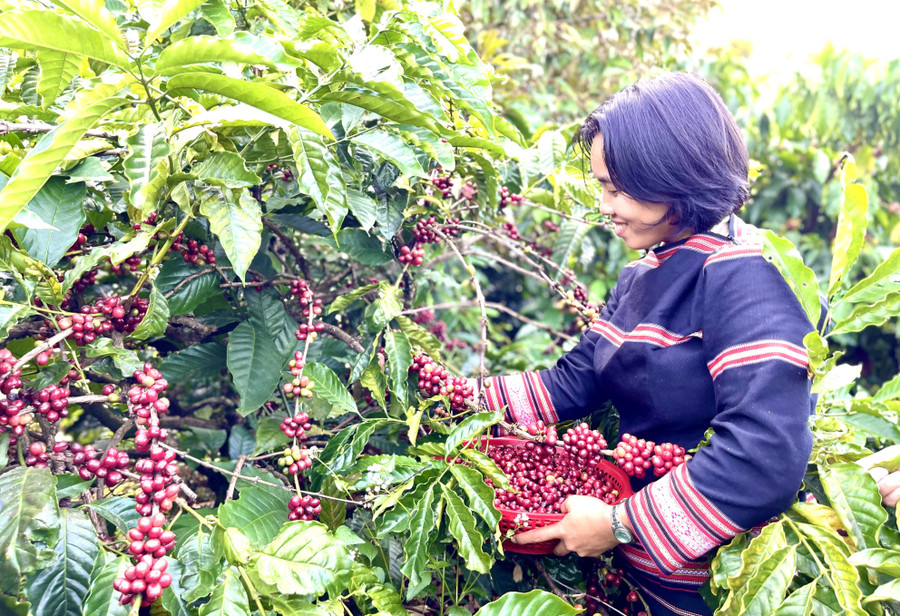
“Each household is both a partner and a member, sharing benefits, responsibilities and knowledge throughout the production process. We are gradually switching to organic production, associated with registering growing area codes - an inevitable step towards official export and meeting international standards,” Ms. Awưnh shared.
Thanks to compliance with sustainable care processes, using biological fertilizers, and limiting chemicals, the average coffee yield of households associated in the model reaches about 4 tons of beans/ha, with some households reaching up to 6 tons of beans/ha.
The obvious economic efficiency has helped people believe in the new direction, and at the same time encouraged those who do well to guide those who do later. Each good producer becomes a "nucleus" to share experiences from technical stages, harvesting, preliminary processing to preservation, forming a close-knit farming community, developing together.
Mr. Bien Van Hao - Vice Chairman of Ia Phi Commune People's Committee - said: The locality has a great advantage in coffee trees. In recent years, Ia Phi has oriented people to increase the value per unit of land area, shifting from traditional production to the application of science and technology and linking with cooperatives and enterprises to receive technical support and product consumption.
The linkage models in ethnic minority areas have initially brought about clear results, not only helping to change traditional production thinking but also creating motivation for people to switch to organic production, certified standards. These positive signals are opening up a new direction for sustainable agriculture.
Models like that of Jrai IaLy Company Limited not only create stable income for people but also contribute to shaping a new development direction for Ia Phi commune's agriculture. Production according to the value chain, based on transparency, traceability and environmental protection.
Increase agricultural product value, stabilize livelihoods
The production linkage movement is spreading strongly in the ethnic minority areas of the province. In Ia Grai commune, the Cao Nguyen Agricultural Cooperative (Pang Gol-Phu Tien village) has built a close connection with households in the area with the main crop being durian.
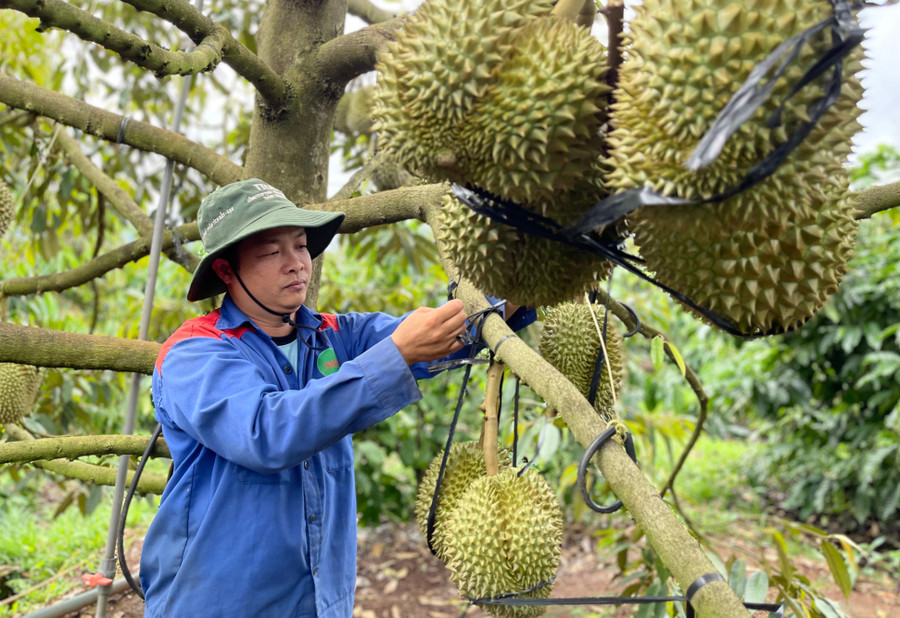
Mr. Dao Duy Quynh - Chairman of the Board of Directors of Cao Nguyen Agricultural Cooperative - said: "The cooperative currently has 30 members, associated with farmers to produce over 100 hectares of durian, the entire area has been granted 2 growing area codes. We organize a closed production chain, all according to the same standards.
Periodically, the Cooperative opens technical training classes to help households "work together and sell together" to ensure consistent product quality and reduce input costs, improve economic efficiency, and increase the competitiveness of local durian in the market.
Thanks to the application of organic processes, the recent durian crop of cooperative members and associated gardeners, despite unfavorable weather, still had high productivity and quality, and the rate of unripe fruit was significantly reduced.
The linkage model helps the cooperative gradually form a concentrated raw material area, creating a foundation for building the Ia Grai durian brand associated with sustainable production, meeting the requirements of the export market.
Deputy Director of the Department of Agriculture and Environment Doan Ngoc Co commented: Production linkage has been bringing clear economic value to people, cooperatives and businesses. Previously, farmers produced on a small scale, lacking market information, so they often fell into the situation of good harvest but low prices, high costs, and unstable output.
When participating in the association, people are supported with techniques, seeds, materials, and sign stable contracts. Production stages are organized synchronously, meeting 4C, VietGAP, GlobalGAP standards...; have growing area codes and are eligible for export.
Thanks to that, productivity and quality of agricultural products increased, selling price was 15-30% higher than normal production, average profit also increased significantly.
Production linkage not only brings immediate benefits but also creates a solid foundation for the development of modern commodity agriculture. Through linkage, people have access to knowledge, capital and technology; while enterprises and cooperatives can proactively source supplies, control quality and improve competitiveness.
In particular, in ethnic minority areas, the production linkage model helps change backward farming practices, exploit the advantages of each region reasonably, and form standard raw material areas for processing and export. From there, it not only contributes to sustainable poverty reduction, but also promotes the process of transforming thinking from "farming" to "agricultural economics".
This is an inevitable direction to develop commodity agriculture, increase income, stabilize livelihoods and create a foundation for sustainable development in rural areas, especially for ethnic minorities.
Source: https://baogialai.com.vn/lien-ket-san-xuat-dong-luc-phat-trien-kinh-te-ben-vung-vung-dan-toc-thieu-so-post570356.html



![[Photo] Flooding on the right side of the gate, entrance to Hue Citadel](https://vphoto.vietnam.vn/thumb/1200x675/vietnam/resource/IMAGE/2025/10/28/1761660788143_ndo_br_gen-h-z7165069467254-74c71c36d0cb396744b678cec80552f0-2-jpg.webp)

![[Photo] National Assembly Chairman Tran Thanh Man received a delegation of the Social Democratic Party of Germany](https://vphoto.vietnam.vn/thumb/1200x675/vietnam/resource/IMAGE/2025/10/28/1761652150406_ndo_br_cover-3345-jpg.webp)
![[Photo] Prime Minister Pham Minh Chinh chaired a meeting to discuss solutions to overcome the consequences of floods in the central provinces.](https://vphoto.vietnam.vn/thumb/1200x675/vietnam/resource/IMAGE/2025/10/29/1761716305524_dsc-7735-jpg.webp)

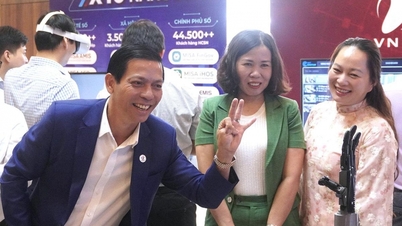

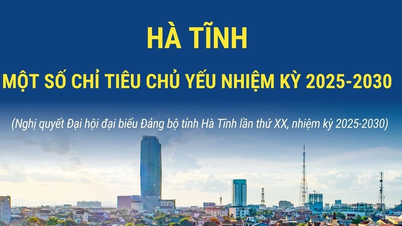

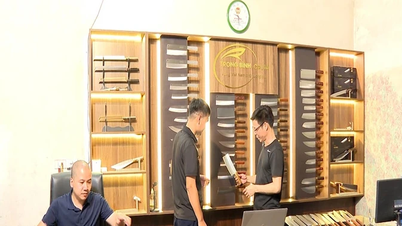



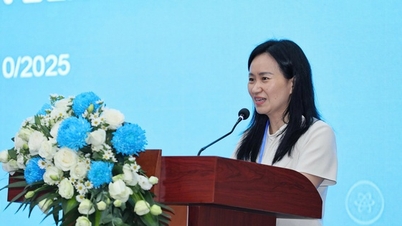

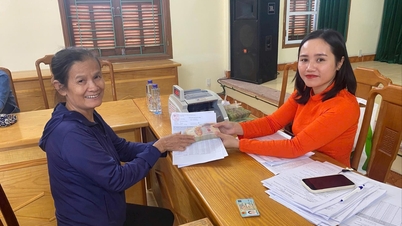

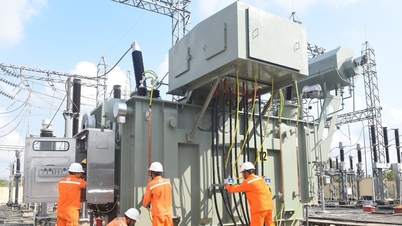
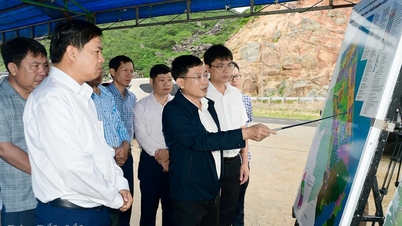
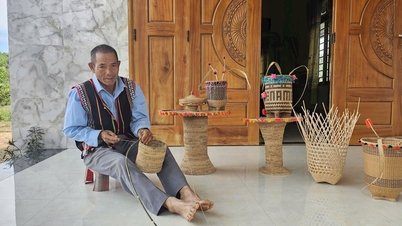
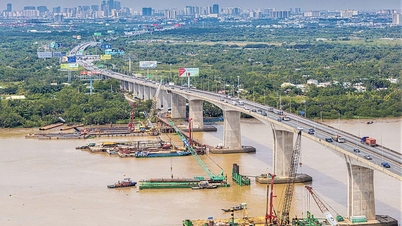

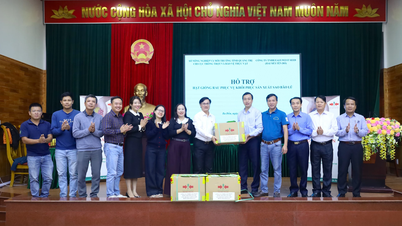

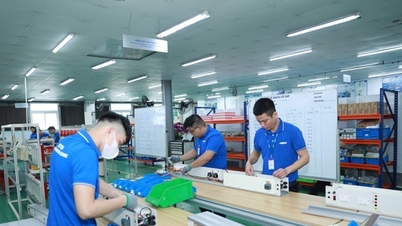





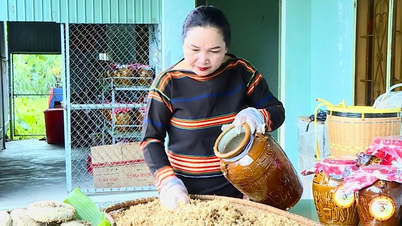
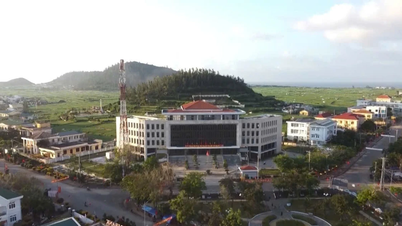
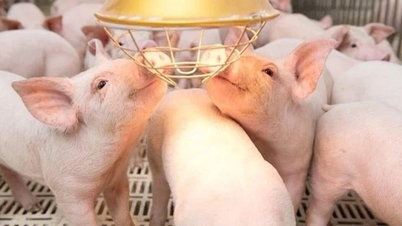
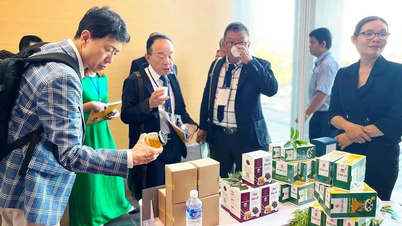
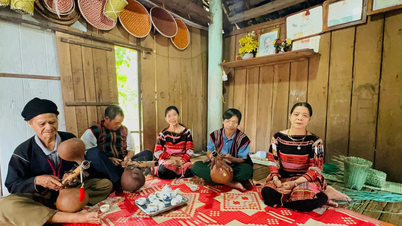
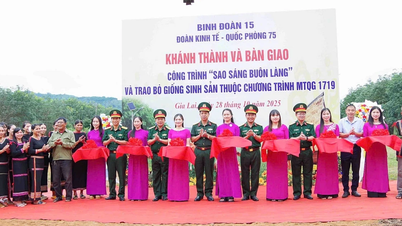
![[Photo] Draft documents of the 14th Party Congress reach people at the Commune Cultural Post Offices](https://vphoto.vietnam.vn/thumb/1200x675/vietnam/resource/IMAGE/2025/10/28/1761642182616_du-thao-tai-tinh-hung-yen-4070-5235-jpg.webp)
![[Photo] President Luong Cuong attends the 80th Anniversary of the Traditional Day of the Armed Forces of Military Region 3](https://vphoto.vietnam.vn/thumb/1200x675/vietnam/resource/IMAGE/2025/10/28/1761635584312_ndo_br_1-jpg.webp)















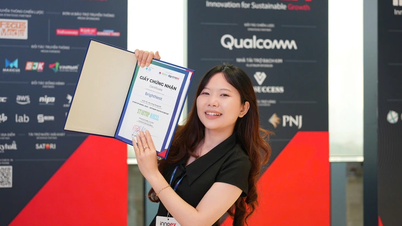
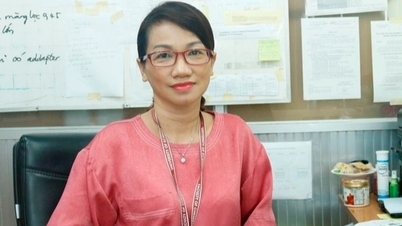





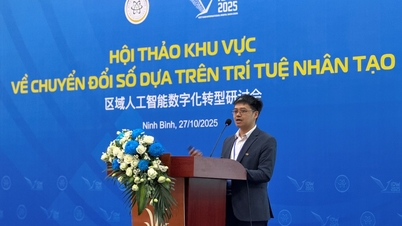

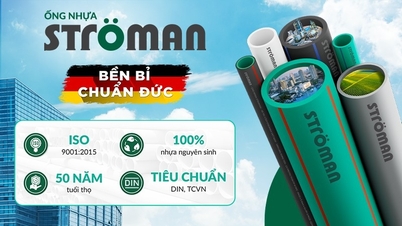
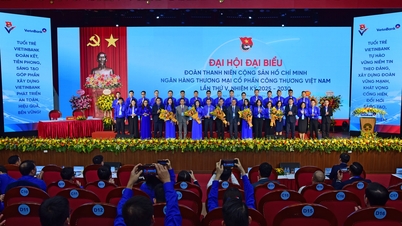
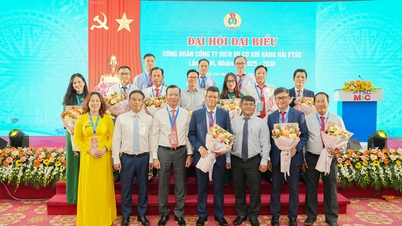
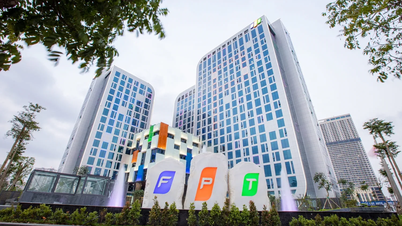






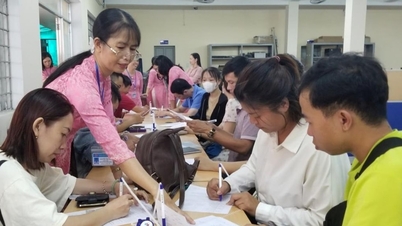

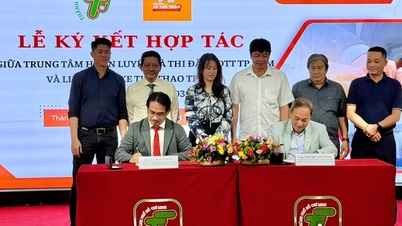

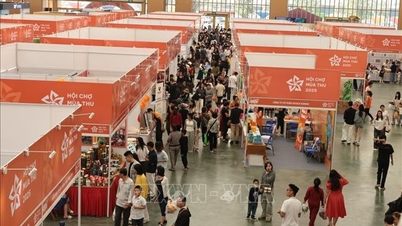

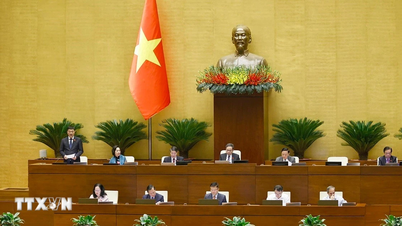
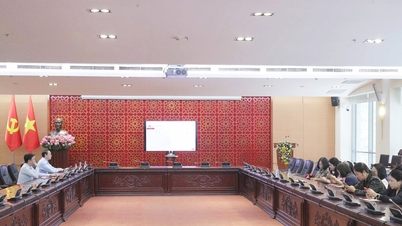
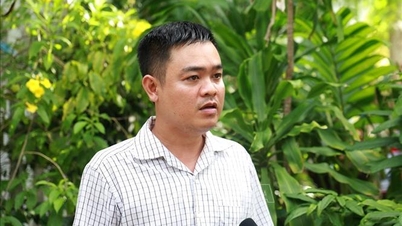
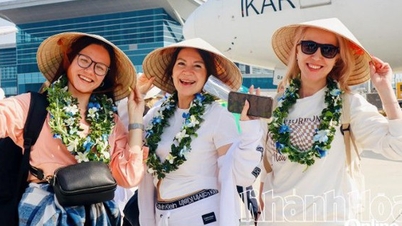

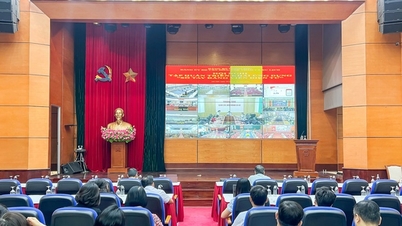

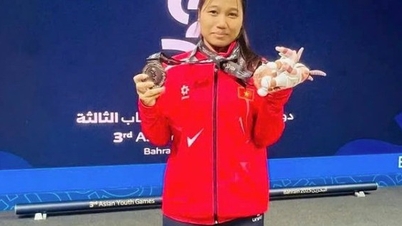
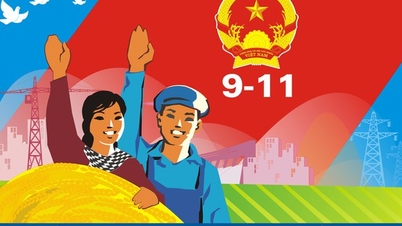
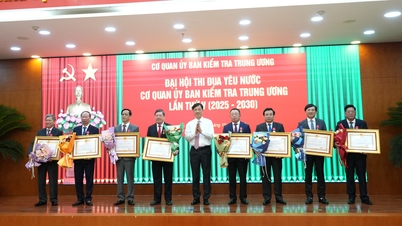

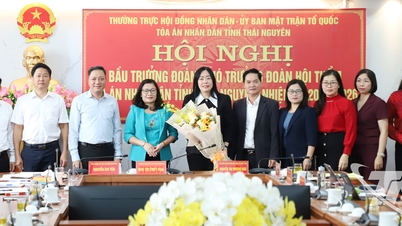

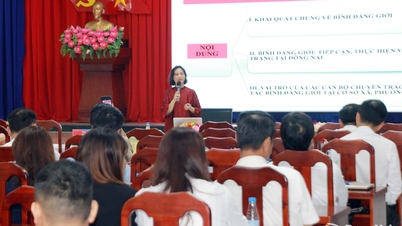
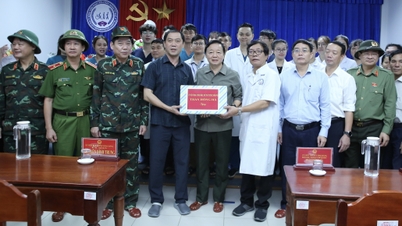

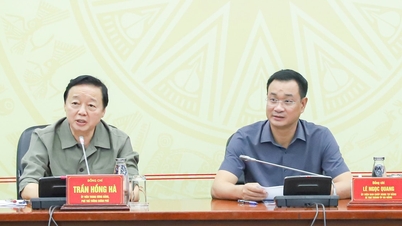

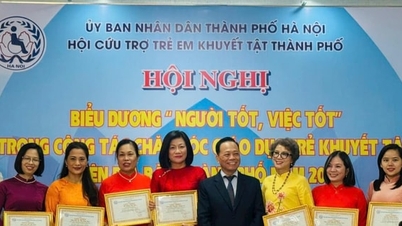












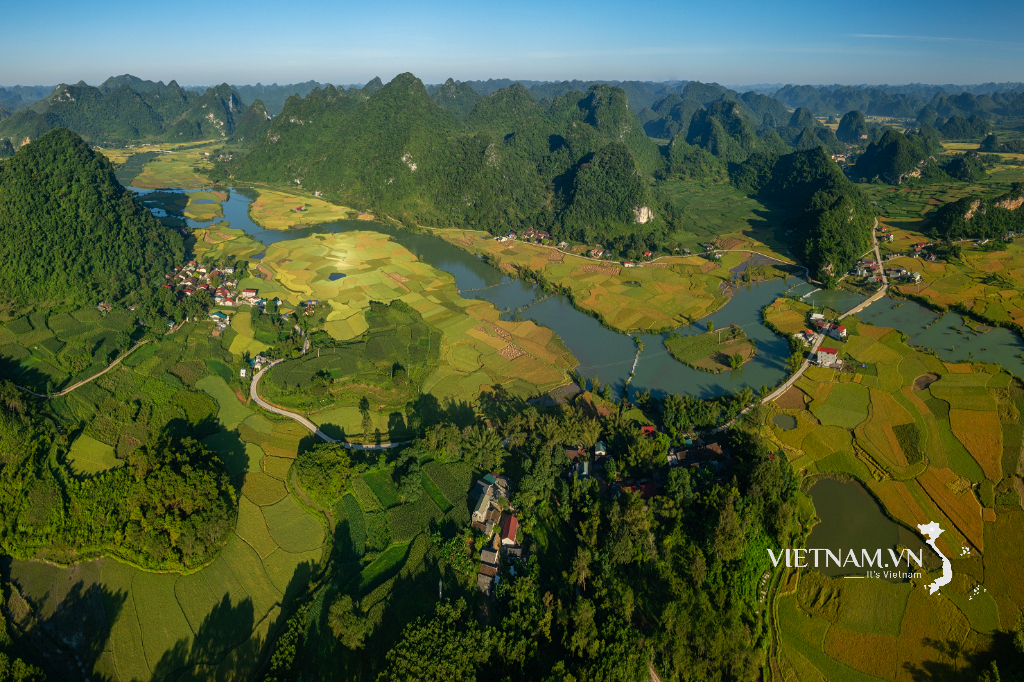

Comment (0)